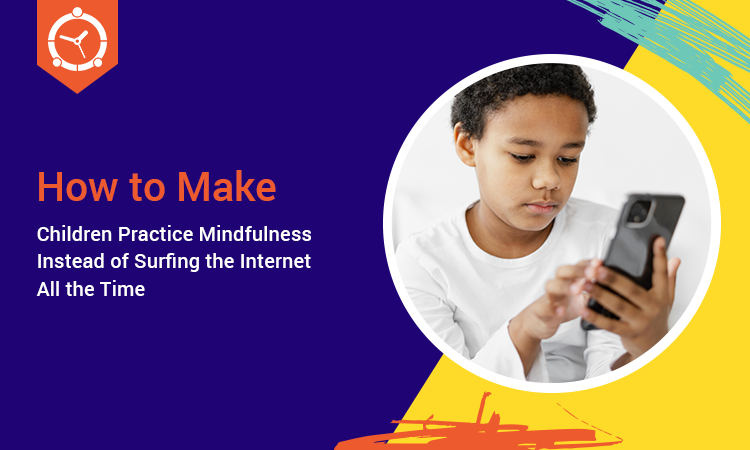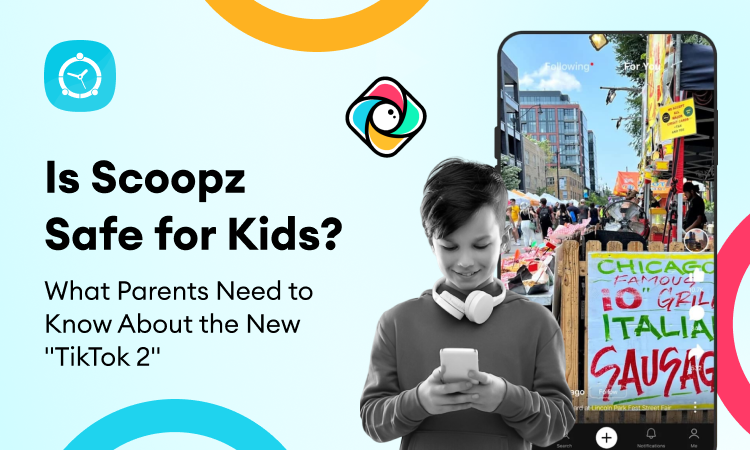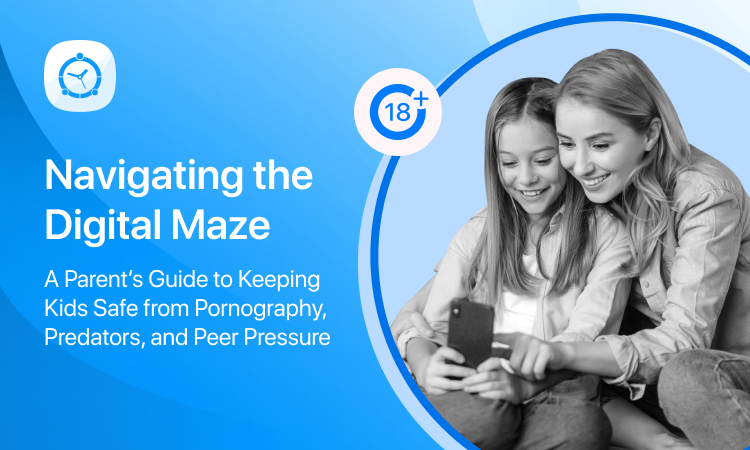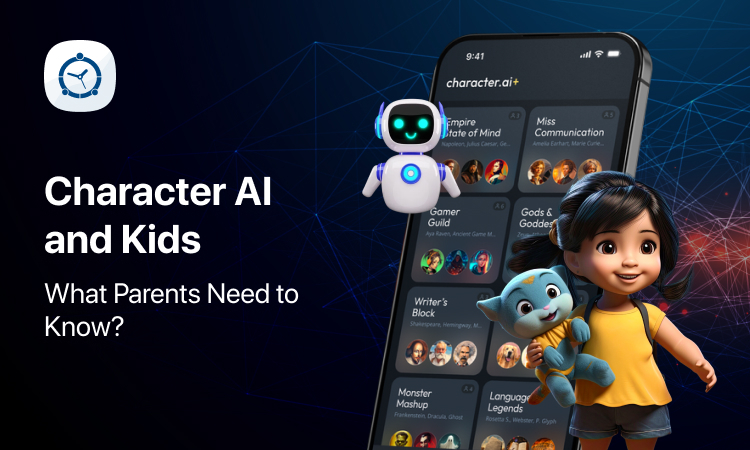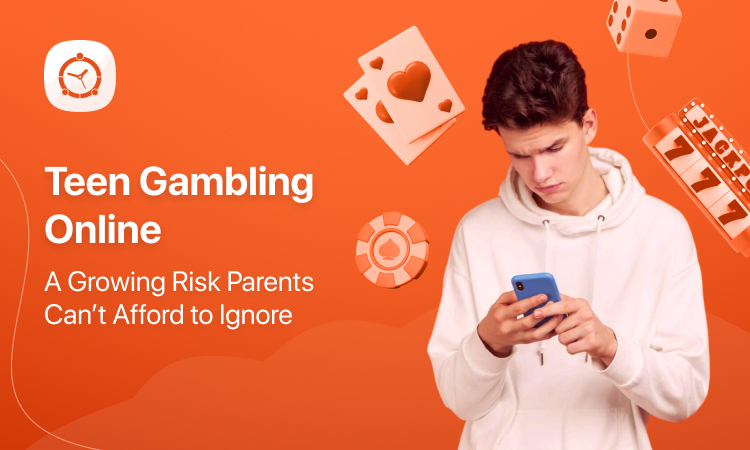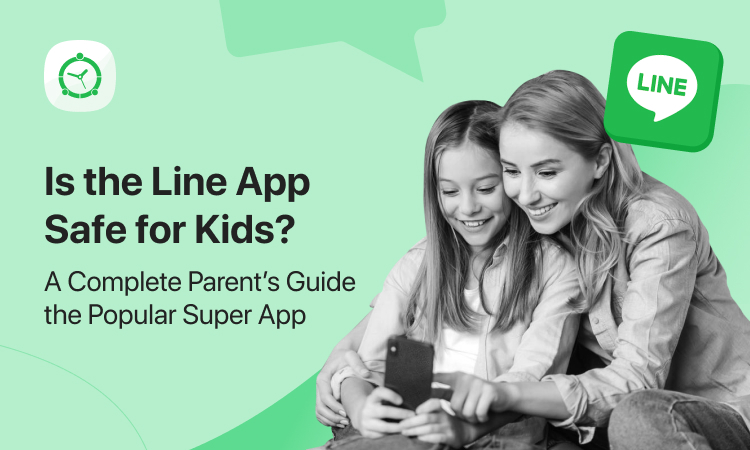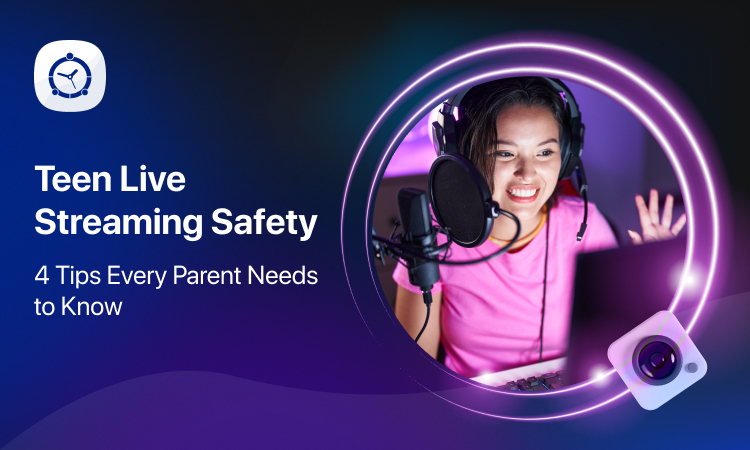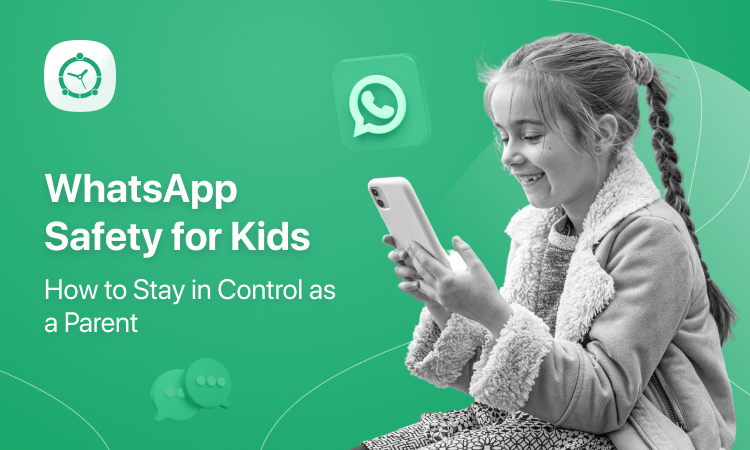In this new age cyber era where we find ourselves trapped inside a global village with inescapable technology, it can be a bit hard to pull your children out of the digital mind-numbing world of half-hearted praises and pseudo-social approval.
Early Exposure
Children, nowadays by the time they turn two, pretty much know everything there is to know about electronic devices including how to operate them without any sort of help or supervision.
Parental Concern
This phenomenon has new parents more concerned than ever regarding the wellbeing of their children. Since these parents belong to a digital age themselves, they are hence more aware of the kind of dangers that await naïve little children online.
These parents are therefore more willing to take steps to keep their children safe online and protected from the various modes of cyber harassment and bullying rather than just looking out for cybercrime of magnified nature.
Alternate Practices
While new parents might be taking huge steps in the direction of making sure that their children spend more time enjoying life offline rather than seeking short-term, pseudo-social approval online, it tends to escape them from even thinking of such an important spiritual law in life such as mindfulness.
It has been hypothesized, time and again, how important it becomes with each passing day to familiarize children with the concept of mindfulness.
Get Them to Put their Phones Down
But… How do you get your children to put down their electronic devices and convince them to practice mindfulness through meditation you ask? Don’t worry any longer for the best parental control app on the market got you covered. Download FamilyTime right now and make sure your children do not spend a minute more on their devices than what you allow!
Expert Opinion
Gurus, child psychologists, psychiatrists as well as spiritual teachers, and life coaches have often touched upon the topic of learning and inculcating mindfulness in our everyday schedule.
About Mindfulness
Mindfulness translates, ironically, into the opposite of what it sounds like. Mindfulness is the absence of all sorts of intruding thoughts and worries. It means being present in the right here and now. Not only living each moment as it arrives but also letting it go when it passes and moving onto the next moment.
Honestly, once this art is mastered life becomes so much easier and that is a fact. However, there is one catch though, and it is that like any great skill in life, this art too, requires lots of tons of patience, persistence, and perseverance.
Learning Factor
The older one becomes, the more challenging it gets for them to master this art due to their brain being filled with more and more trauma from the stress and brunt of everyday life but nothing is unfixable and it is never too late to start living your life to the fullest by learning to be present and enjoying every single passing moment as it happens.
Teach Them Early
That being the case, it would be much easier to teach mindfulness to children when they are younger and therefore more receptive to learning a skill quicker and easier as compared to a teenage child.
It has been repetitively theorized that a child’s whole experience of subjective middle and high school lives would change if they were more mindful. That is why the concept of introducing relaxation and mindfulness exercises in early and middle school has been repetitively presented.
Psychotherapists and yogis believe that adding courses like yoga, meditation and teaching breathing exercises in detention classes would alter the whole dynamic of the upcoming generation.
Conclusion
Combine these breathing and relaxation exercises with households using a parental control app to keep their children’s social media activity in check and we have the perfect combination of safe, balanced, and healthy lifestyle choices.

